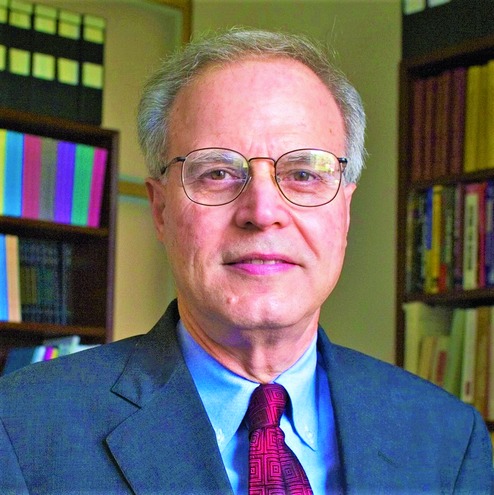
New York: A prominent government professor at Harvard who has been accused of sexual harassment and inappropriate behaviour by as many as 18 women over several decades resigned on Tuesday following a decision by the university to place him on leave.
The professor, Jorge I. Domínguez, 72, was the subject of a February 27 article in The Chronicle of Higher Education that reported that at least 10 women had accused him of sexual harassment. A subsequent article, published on Sunday, reported that additional women - including Harvard professors, students and staff members - had come forward alleging inappropriate behaviour by Domínguez, bringing the total to 18.
The reaction to disclosures about Domínguez - many just now coming to light despite occurring years ago - reflects a marked shift in the type of behaviour tolerated in the workplace since the reports last year regarding inappropriate sexual behaviour by high-profile men like Bill O'Reilly and Harvey Weinstein.
Those disclosures led to a string of forced resignations and firings in entertainment, the media and beyond. Academia has not been immune, with a number of universities forced to confront fallout from the #MeToo movement as professors, students and graduates have come forward with allegations of past abuses.
Late on Sunday evening, Michael D. Smith, the dean of Harvard's Faculty of Arts and Sciences, sent an email to the university community announcing that Domínguez had been placed on leave while Harvard investigated the allegations. In a brief email to colleagues on Tuesday, Domínguez announced his resignation, which he described as his retirement, effective at the end of the semester.
Jennifer Hochschild, the chairwoman of the government department, then announced the resignation to students and alumni in her own email.
"His forthcoming retirement does not change the active review of the facts and circumstance that have recently come to light," she wrote.
Domínguez did not respond to email and telephone messages seeking comment on Tuesday, but he told The Chronicle that he had tried to "behave honourably" in all his relationships. "I do not go around making sexual advances," he said.
The Chronicle article told the story of Terry L. Karl, an assistant government professor at Harvard during the early 1980s, who said Domínguez, regarded as the university's leading authority on Latin American politics, had made repeated attempts to kiss her.
NEW YORK TIMES NEWS SERVICE










